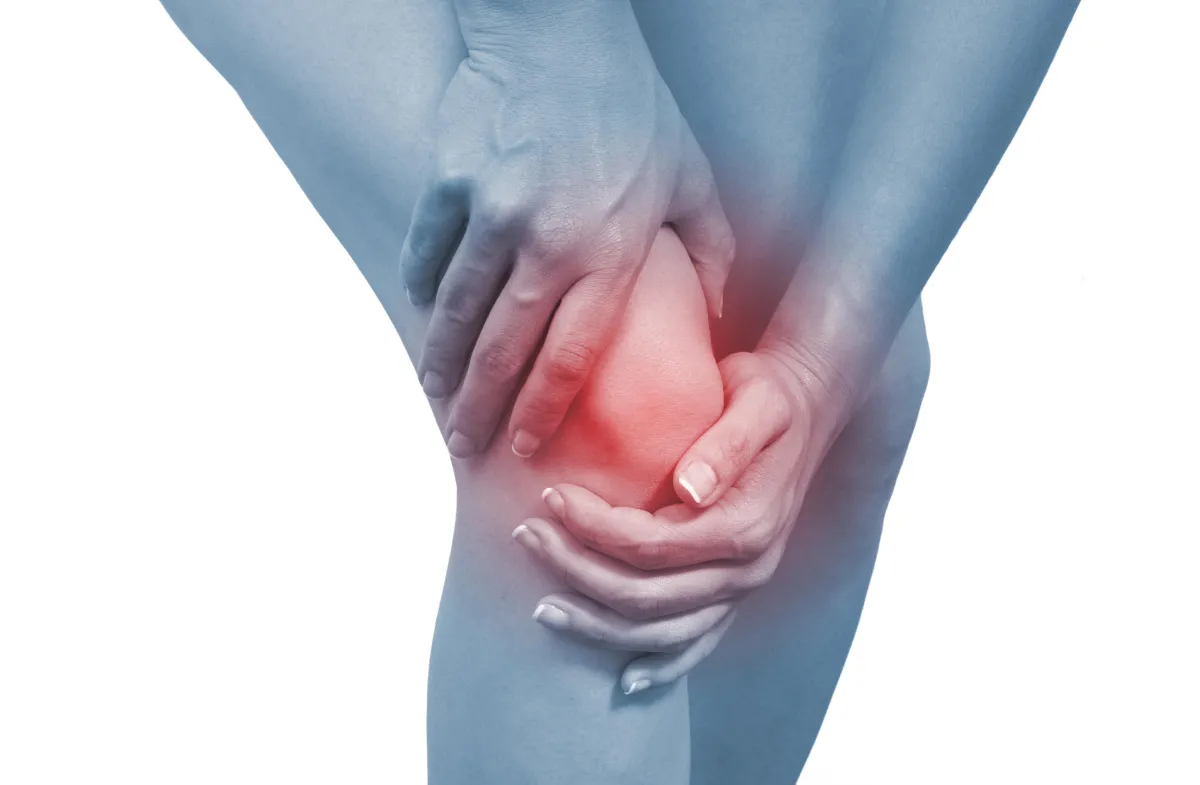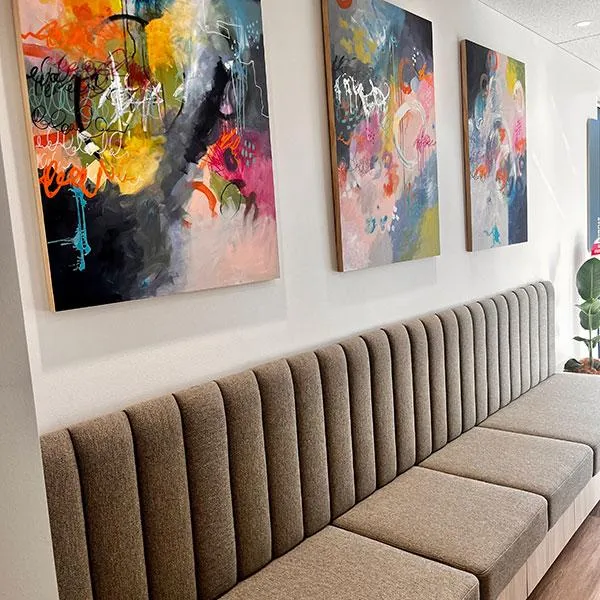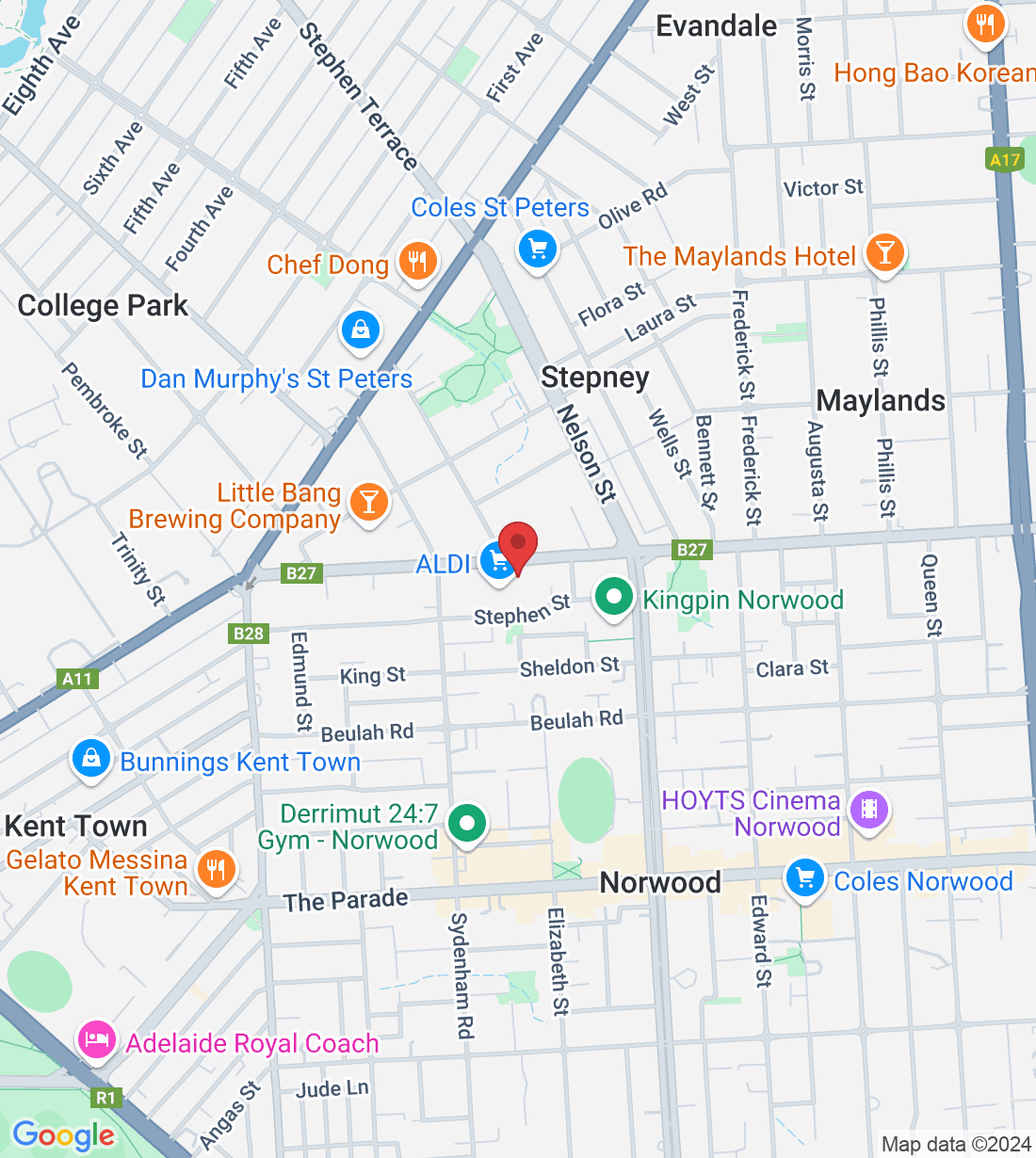
Conquering Knee Cap Pain: Understanding and Managing Patellofemoral Joint Pain Syndrome
Hello there! If you’ve found yourself here, you or a family member has probably been dealing with some knee-cap area pain and wondering what’s going on.
Let me introduce you to a common yet often misunderstood condition: patellofemoral joint pain syndrome.
What is Patellofemoral Joint Pain Syndrome?
Patellofemoral joint pain syndrome (PFJPS) is a fancy name for pain that occurs at the front of your knee, around your kneecap (patella). This condition is sometimes called "runner's knee", but you don't have to be a runner to experience it. It happens when the patella doesn’t move smoothly in the groove of your thigh bone (femur), causing irritation and pain.
Who is Most Likely to Suffer from PFJPS?
PFJPS can affect anyone, but it’s most common in adolescents especially females, young adults, and athletes. If you’re someone who participates in activities that involve a lot of knee bending—like running, jumping, or even walking up and down stairs or hills—you might be at a higher risk.
It’s also more prevalent in women than men, possibly due to differences in anatomy (wider hip to knee angles - remember your year 11 physics) and muscle strength.
Older women often suffer from PFJPS too as they typically become weaker around their hips and thighs which are the key area's that support the knee cap (patella).
Common Symptoms
The hallmark symptom of PFJPS is a dull, aching pain at the front of the knee. You might notice it when:
Going up or down stairs
Squatting
Sitting with bent knees for long periods (think long car rides or movies)
Running or jumping
How We Manage PFJPS at Vital Core
Managing PFJPS involves a few key principles:
Activity Modification: Sometimes, just changing the way you move can significantly reduce your pain. We’ll help you identify and modify activities that might be contributing to your discomfort.
Strengthening Exercises: Building up the muscles around your knee, particularly your quadriceps, calf and gluteals can help control your patella. We’ll create a tailored exercise program that gradually increases in intensity.
Stretching: Tight muscles around your hip and knee can exacerbate PFJPS. Stretching these muscles can relieve tension and improve patella movement.
Manual Therapy: Hands-on techniques such as massage can improve temporarily symptoms, reducing pain and improving function while you work on strengthening.
Taping: Sometimes, using special taping techniques can help guide your patella and reduce pain during activity. This can then be taught to you to use during sport.
Education: We’ll provide you with the knowledge you need to manage your symptoms and prevent future issues.
Why You Should See Us
If you’re struggling with knee pain, don’t let it hold you back any longer. Our team of physiotherapists are here to help you get back to doing what you love, pain-free. At Vital Core we take a personalised approach to each patient, ensuring that you receive the best care tailored to your needs and goals.
We understand that knee pain can be frustrating and limiting, but with the right guidance and treatment, you can overcome it. Don’t wait for the pain to worsen—reach out to us today, and let’s start your journey to recovery together.
Ask a question of Vital Core Physiotherapy
Fill in the form to request a Call From Our Team
One of our team will call you for FREE and answer any questions or concerns you may have about your condition
© 2023 Vital Core Physiotherapy





